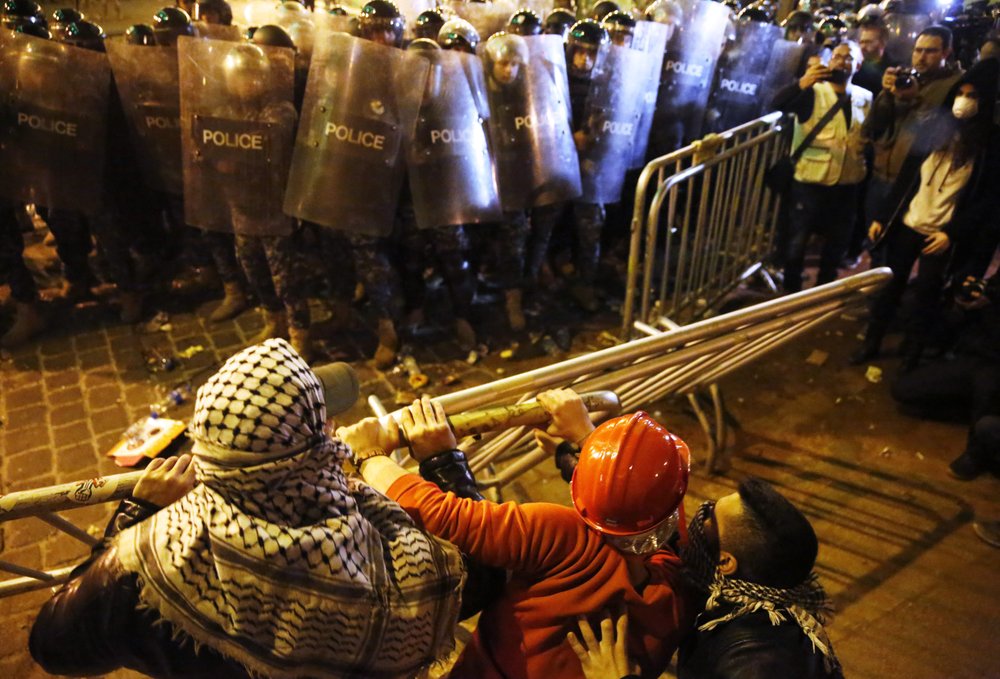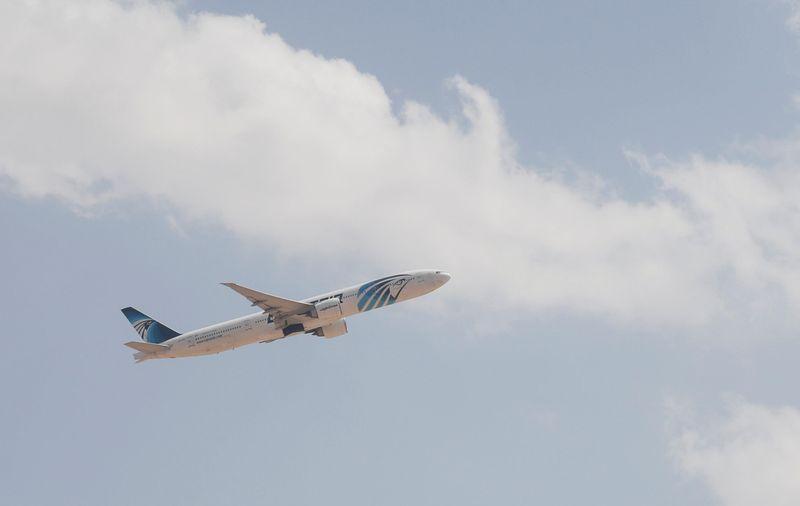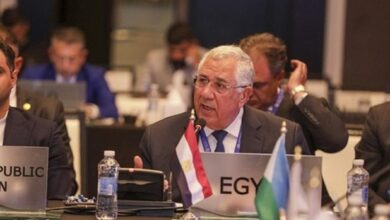
BEIRUT (AP) — A university professor and former minister received the backing of the Hezbollah group and its allies Thursday, making him the likely candidate to be appointed Lebanon’s new prime minister.
The emergence of Hassan Diab as a possible candidate comes amid the country’s worst economic crisis since the 1975-90 civil war.
The backing by the Iran-backed group guarantees a thorny path for any candidate who also faces a mammoth task amid mass protests that have recently taken a violent turn.
Diab, who served as education minister in 2011, received attention after caretaker Prime Minister Saad Hariri withdrew his name from consideration amid deep divisions between the various factions about naming him again. Hariri resigned on Oct. 29 in response to unprecedented mass protests against his government amid a rapidly worsening economic crisis.
Since then, efforts to agree on a new prime minister and the shape of government have kept hitting a dead end. Hariri, who is aligned with the West and Gulf countries, has insisted on a Cabinet made up of specialists to deal with the economic and financial crisis — a key demand of the protest movement — while the Iran-backed Hezbollah has demanded a government that includes all major political factions.
Binding consultations between President Michel Aoun and representatives of the 128-member parliament were delayed twice as Lebanon saw some of the worst violence since protests erupted in mid-October. The clashes have involved security forces and anti-government protesters, as well as supporters of Lebanon’s two main Shia groups, Hezbollah and Amal.
On Thursday, Aoun was expected to name Diab at the conclusion of the long-delayed talks with the heads of parliamentary blocs. For a nomination, he needs needs the backing of at least half of the lawmakers, which he was expected to get after he received the support of Hezbollah, the Shia Amal movement headed by Parliament Speaker Nabih Berri as well as Aoun’s bloc in parliament. In Lebanon’s sectarian-based political system, the prime minister has to be from the Sunni Muslim community.
However, it was clear that Diab would not have the crucial backing of Hariri and other major Sunni figureheads in the country, and would face huge challenges in forming an inclusive new government able to secure financial aid from the West.
Hariri’s bloc of 18 lawmakers as well as another Sunni bloc with three seats, headed by former Prime Minister Najib Mikati, declined to name a favorite in the talks with Aoun.
“May God make everyone successful,” Harri told reporters after briefly meeting with Aoun on Thursday.
The international community has made the formation of a serious, reform-minded government a condition for releasing assistance to the country.
Hariri had until this week hoped to be named premier again but failed to get the support from Christian parliamentary blocs.
“It has become clear to me that, despite my categorical commitment to forming a government of specialists, the positions … are not changing, I therefore announce that I will not be a candidate to form the next government,” Hariri said in a statement Wednesday.
Protesters in the streets say they want new faces to govern Lebanon, one of the world’s most indebted countries.
Diab, a professor of computer engineering, served in the government formed in 2011 when Hezbollah and its allies overturned a former Cabinet headed by Hariri.
Reporting by
Image: Anti-government protesters try to remove fences that divided between them and the riot police during a protest near the parliament square in downtown Beirut, Lebanon, on Sunday, Dec. 15, 2019 (AP Photo/Hussein Malla)




